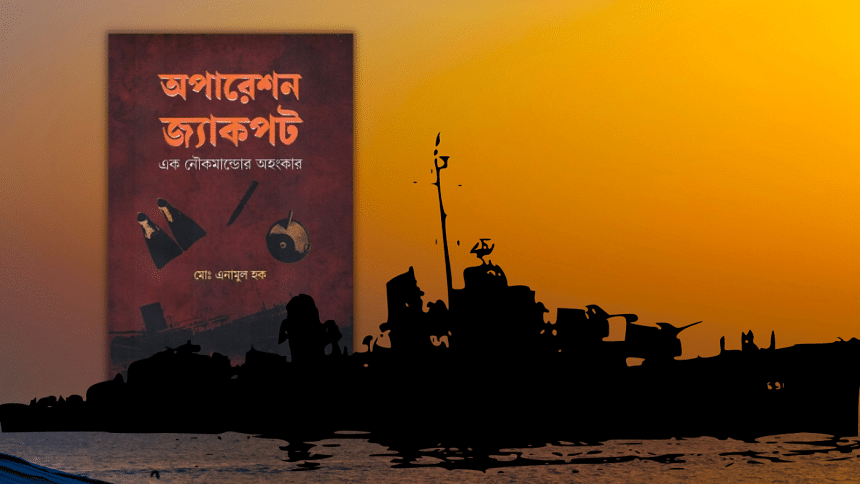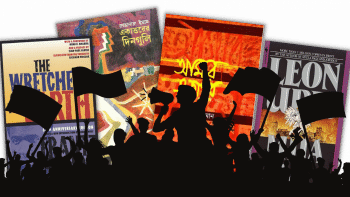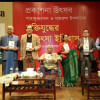War in the waters: Looking back at Operation Jackpot, 1971

Even after 52 years of Bangladesh's independence, many memories and incidents of the Liberation War remain undocumented. A lot of these stories are being recorded through individual initiatives, uncovering previously unknown chapters of the war. An individual who has witnessed many such incidents is Md. Enamul Haque, a freedom fighter naval commando who participated in several operations of the war, including Operation Jackpot.
Operation Jackpot was the first—and allegedly best—campaign of naval commandos during the Liberation War of 1971, a deadly blow against the Pakistani invasion forces carried out on August 16, 1971, at Chittagong and Mongla sea ports and Chandpur and Narayanganj river ports simultaneously. Twenty six ships carrying food and oil from different countries were sunk, including arms-laden ships from Pakistan.
Haque's book, Operation Jackpot: Ek Noucommandor Ohonkar (Nymphea Publications, 2023) discusses his experiences as a freedom fighter, as well as his personal life, the background of the War, the inspiring figure of Bangabandhu, and his display of patriotism through dangerous and often suicidal operations during the Liberation War.
Speaking about his experiences during the war, Haque recalled, "One day, a few Indian officers in the camp called some of us and asked if anyone among us had swum in the sea. I raised my hand. They asked if anyone had swum in large rivers and a few others raised their hands. They selected 17 of us and took us to another camp, where a captain spoke to each of us. He said, 'This is a suicidal squad — death is certain here. Instead, you should return to the previous camp and train yourself for fighting inside the country.'"
"I said to him that I am aware that death is certain in war, which is why I was there. I wanted to give my life for the country's independence.", he said.
Writer Selina Hossain has written in the book's introduction, "While this is Enam's first attempt at writing prose and there are a few limitations because of it, the publication will be widely read due to the subject matter. The book shows that Enamul Haque's involvement in this operation made the movement of the Pakistani invasion forces uncertain. It introduced Bangladesh's liberation war and freedom fighters to the whole world. Such audacity is rarely seen in wars across history. As a result, the book in question is similar to a historical document, thanks to the author's anecdotes."
"However", she added, "I think the quality of editing required for this type of book has to be maintained. It is the responsibility of the publisher as well as the author."
Emran Mahfuz is a writer and researcher.
Translated from the Bangla by Hrishik Roy.

 For all latest news, follow The Daily Star's Google News channel.
For all latest news, follow The Daily Star's Google News channel. 







Comments